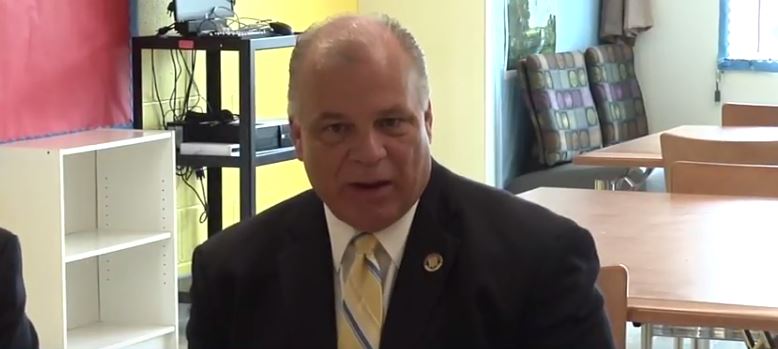
Trenton – Legislation sponsored by Senate President Steve Sweeney that would help those experiencing economic hardship such as homelessness and the loss of basic necessities was approved by the Senate today. The bill, S-1965, would allow an individual to receive additional lifetime emergency assistance benefits under certain circumstances.
“The extension of this aid can provide an important buffer that will help those in need at a crucial time,” said Senator Sweeney. “There are times when people need help in order to survive or to help themselves. This extension of emergency aid could provide critical help meet basic needs, including food and shelter. It could be a lifeline for those in real need.”
The bill would eliminate the lifetime limit on assistance after seven years, which would allow those individuals suffering emergency hardships to receive additional assistance. It would cover individuals in danger of becoming homeless after many years since they received their lifetime allowable amount of emergency assistance.
This bill would require that the Commissioner of Human Services nullify any months of emergency assistance that were received by an individual more than seven years prior to an application for emergency assistance.
The Emergency Assistance Program provides tenant-based and project-based rental assistance grants to prevent individuals from becoming homeless. These programs help pay for living necessities such as rent or utility security deposits, home heating fuel or past due rents and mortgages, or utility debts
“This measure will go a long way toward helping those who struggle to afford the basic necessities – food, clothes, a safe place to live, for themselves and their families,’’ said Adele LaTourette, director, New Jersey Anti-Hunger Coalition. “The sad reality is that issues these families face are often complex and not easily solved in a short period of time. This bill recognizes that.’’
Emergency assistance is generally limited to 12 months, with additional assistance for up to six months in limited cases of extreme hardship. However, some people who receive EA pay the state back for those benefits. The EA funds are then repaid to the state.

